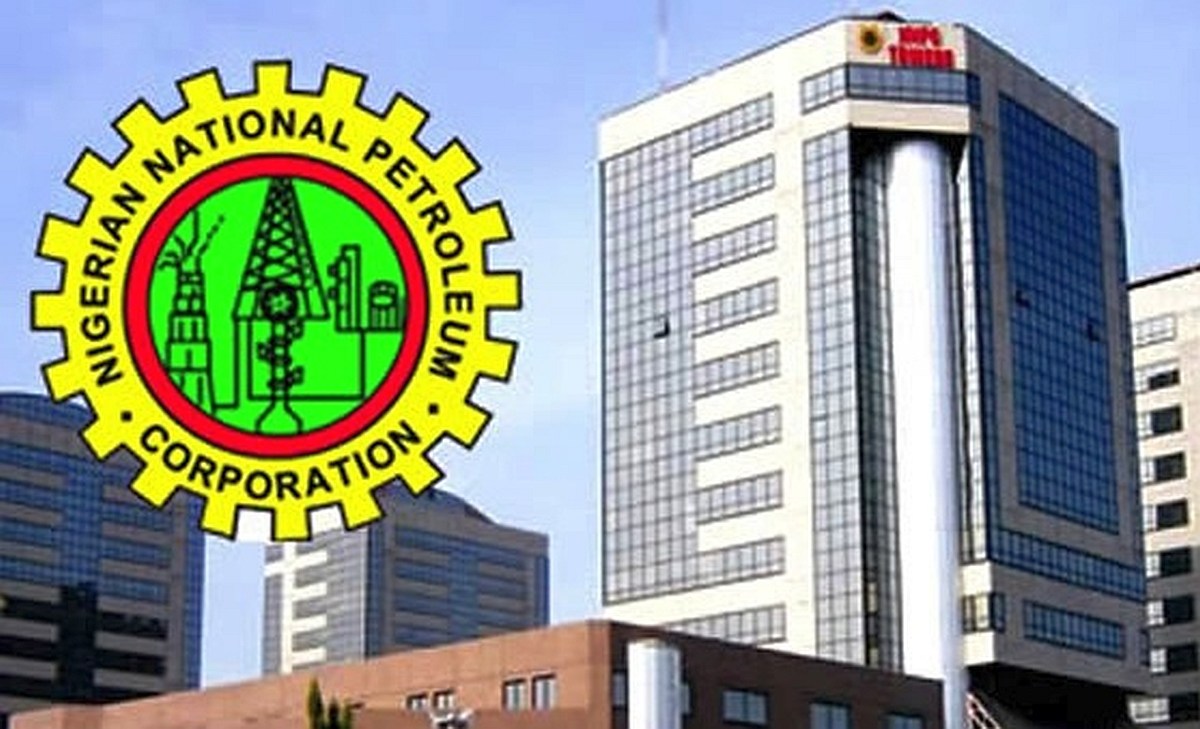
The Nigerian National Petroleum Corporation, NNPC, said that it has more than doubled the supply of Premium Motor Spirit, PMS, also known as petrol, across the country from about 30 million litres to 80 million litres per day. It however blamed the current petroleum scarcity in the country on marketers of the product. Group Managing Director of the Corporation, Maikanti Baru, in a statement by Mr Ndu Ughamadu, the NNPC Spokesman said part of the problem was the rumours about purported planned increase in the pump price of petrol. He stated that some marketers, in their quest to cash in on the situation, suddenly started hoarding products.
“But we swiftly swung into action by doubling our supply nationwide. At the time the rumour started, we had about 30-day sufficiency. The normal daily supply to the nation is 700 trucks, equaling about 27-30 million litres per day,’’ Baru said. He assured that the corporation had doubled its daily supply of petrol, from daily 700 trucks (about 27 million – 30 million) litres per day supply to 80 million litres since the current hiccup in the supply chain was noticed a few days back. He further assured Nigerians that the NNPC had enough products sufficiency that would last up to 30 days.
Baru, who expressed joy at PENGASSAN’s call-off of its planned strike, urged motorists not to engage in panic buying as the corporation had more than enough products for domestic consumption.
Assuring that the fuel situation would fizzle out this week, Baru warned marketers against hoarding, stressing that any filling station found wanting in this regard would lose its entire products to motorists. He commended NNPC’s sister agencies, the Department of Petroleum Resources and Petroleum Products Pricing Regulatory Agency, for their support in helping NNPC tackle the menace of hoarding by filling stations.
NNPC also said that it can now account for every barrel of crude oil sold by the country, as it has achieved 98 per cent automation of all transactions involving the supply, marketing and sale of the various grades and blends of Nigeria’s crude oil across the world. Commenting on the fuel crisis, the NNPC, in a statement in Abuja, disclosed that the hike in the product supply became necessary after the current hiccup in fuel supply was noticed few days back, adding that these measures would ensure that the fuel crisis
Speaking on the automation of its crude oil sales processes, Group General Manager, Crude Oil Marketing Division of the NNPC, Mr. Mele Kyari, stated that the automation exercise which would be concluded in 2018 had enabled the corporation to achieve an end-to-end monitoring of every barrel of crude oil sold in the country. “Today at a click of a button we can tell you how much crude oil is sold, at what price, who bought it and where it has gone to among others,” he said. He said that the projection was to operate a complete paperless crude oil data management regime in line with the ongoing transformation of the processes which had witnessed sweeping reforms since 2015.
He listed the reforms to include the open bid process of customer selection for lifting and purchase of Nigeria’s crude oil grades; emplacement of efficient crude for product import processes, leading to savings of $1 billion in one year as well as the introduction of improved pricing system, which has evolved into a robust and auditable pricing mechanism. He disclosed that the automation had enabled the country to eliminate the perennial disagreement with its major stakeholder, the Organisation of Petroleum Exporting Countries (OPEC) on actual production and lifting figures.
He also added that the series of reforms had led to the harmonisation of Nigeria’s crude oil data and lifting information, providing access to major internationally recognised reporting agencies like Platts and Argus Media to achieve real time reporting of Nigeria’s crude oil transactions.

